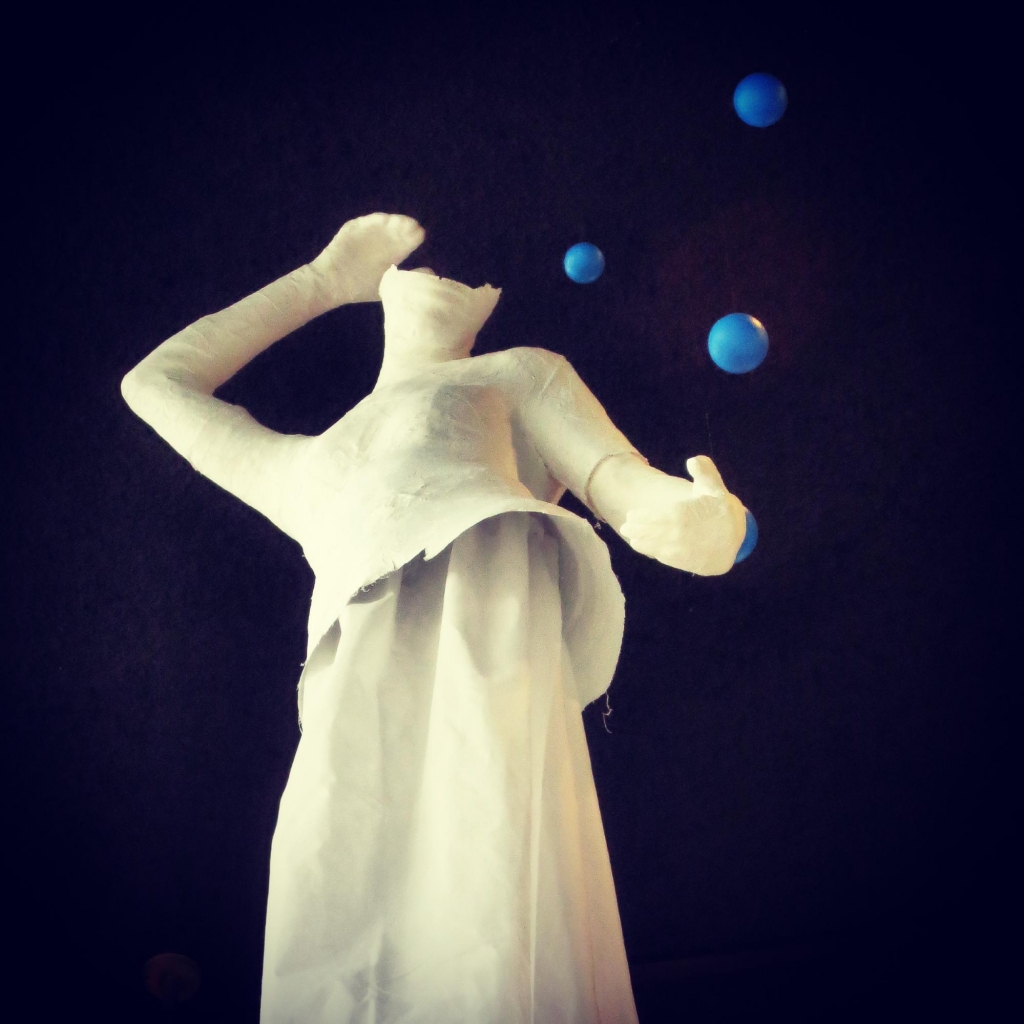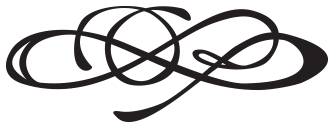Many of us are self-taught or community taught artists. What that means is we haven’t attended an accredited circus school with a specific curriculum, but we practice recreational and professional circus. Often, we are already past the age of attending circus schools. Sometimes we don’t even consider it a possibility because of finances. Yet, the problem with being self taught; it will limit you to your own knowledge and hold you within your unknown confines. In order to break through, you will need to seek outside influences and guidance – and not just within the Flow Arts community. If you are serious about being a professional, you have to become well rounded in your abilities. If you only grow within your own limits you cannot reach your potential. So, how does a self-taught individual reach their potential?
Let’s look at what a circus school teaches. Most circus schools don’t specialize in juggling arts, instead, they focus on a larger curriculum:
- Dance training
- Flexibility gymnastics and acrobatics
- Choreography and atmosphere creation
- The business of circus
- How to create an act & Performance Practice
- How to develop as an artist
- Stage presence, theater principles, comedy and/or clown
- History of circus
- Fitness and strength
- The technique within the prop
Notice how the prop is actually at the bottom of this list? It is not by accident. We may be very passionate in a certain area, but without clean form (dance), flexibility, fitness and stage presence, our work is sub-par compared to a trained acrobat who learned poi for two weeks. The tricks we are capable of are meaningless without form.
To reach our potential, we need to teach ourselves like a circus school would. The School of Self: How to develop your training regime to be well rounded in your practice of Flow Arts.
- Enroll in a community dance class.
This practice will teach you many of the things on the circus school list above. Dance is it’s own fitness training, it includes flexibility, basic rolls and gymnastic maneuvers, choreography, duets and group numbers, stage presence, drama and theater principles. It will stretch you outside your physical limits and immerse you into a difference world of thought than circus. There are many branches of dance, and you can choose your poison. Contemporary and break dance technique is more free-form than the authoritative ballet schools. Butoh is commonly referenced in French juggling theory and has interesting principles. It is unlikely that we will become amazing dancers but improving your basic movement is essential. Alternatively, Martial Arts like Tai Chi will also give you a rigid, but proper, formation within your body.
 Fantastic Space Graduating Class of 2010
Fantastic Space Graduating Class of 2010
- Take clown training
No, not the red-nose, white paint, stumbling, bumbling clown training. Take clown training that helps you be more authentically yourself on stage. Some recommended styles are Pochinko or Giovanni Fusetti style clowning, which opens up your expression on all levels. These courses are emotionally challenging and spiritually motivated, but it allows you to be comfortable on stage through repetition. In the Pete Sweet interview on Busker Hall of Fame, he explains how he shed his arrogant, egoistic persona after a course with Fusetti, which leveled up his show immensely and took the negative parts out of his stage presence. Allowing the self to shine through on stage is essential to deep artistic work, and clown training will help create this kind of authenticity that fills a whole stage with your presence. Clown will bring you beyond your emotional and dramatic limitations in yourself.
- Create a health regime
Believe it or not, if you’re in the circus, you’re an athlete. Start considering yourself as an athlete and training yourself as such. A large part of your practice should be cardio, flexibility and endurance training. On top of that, proper nutrition, rest days and sleep hygiene is essential for learning. Warming up properly before all practice will help prevent injury and dynamic stretching is recommended. The average person should be raising their heart beat for at least 20 minutes 3 times a week – but professional circus performers needs more. Doubling your activity from the average person is the least you can do to ensure above-average fitness as a professional. Static Stretching and flexibility should be part of your end of day / cool down routine. If you can afford a personal trainer – that would be ideal, but attending yoga, stationary bicycling and gymnastics classes is also amazing. If you don’t have the money, that’s normal (and likely part of why you’re not in circus school right now!), just make sure your routines are safe, helpful, and you are not overtraining.
 Statue in Maison Des Jonglages: Juggling Artist Residence in Paris
Statue in Maison Des Jonglages: Juggling Artist Residence in Paris
- Find a director
When you are creating your act, you should find an outside eye for your work. This is worth the money. It will make your act pure-class. You’re best-friend can be helpful to you, but someone who is more distant is better. They can see your form and your act as a stranger would more readily, and therefore is more helpful in the long run.
Find directors who take you as you are, who see your potential, your willingness, and if they prove worthy give them everything – they can nudge you in a good direction, help you crack open your heart, allow you to be at your potential. Take workshops with many people from many backgrounds and find out who suits you best. Some people enjoy rigid, authoritative forms of direction, others find flexible, self-initiated forms of direction. To each their own, but figure out which person suits you best and give them some time to mold you into your act.
- Practice Performance
There is a rule in street performance: “The first hundred shows don’t count”. It really applies to all performance. This is true for each new show you do. If you haven’t done it 100 times, then you will not be in top of your class as a performer. What this means is: you have to suck in front of an audience at least 100 times. Sucking at performing is humiliating, so I recommend you get it out of the way as soon as possible. Do show after show. Create small events and invite people to watch and give feedback. Perform on renegade stages, street perform, join volunteer missions abroad or clown in your local hospitals. Get comfortable with demanding people watch you. YES, please give them everything you have, try hard to be good and improve each time, but that 25th show is still going to suck and your only ¼ of the way there.
 Interactive Book hive in Bristol
Interactive Book hive in Bristol
- Do you research
This means go to festivals, meet people, network, take workshops, travel and learn other culture’s philosophy of circus. Learn your local history. Many people who’ve been training their prop for years don’t know where their culture comes from. You are not just an individual playing with a prop, you are a larger part of a whole that learned from others before them. Do you know the lineage of your prop? No no, I don’t mean the simple answer “the Maori people used poi as weapon training”. Although that’s true, how did it get from there to here? What changed and who changed it? Why are Flow Arts called Flow Arts? How is it defined and why is it different from other forms? There is a renaissance happening in Circus, Flow Arts and Juggling cultures, do you know why? Who are your heroes and how did they learn their skills?
These are very important questions to answer when you are teaching and learning your skills. Understanding the history and embodying or rejecting the knowledge that came before you is a huge part of defining your own art. Knowing where you stand on different political issues within the community will help you define your role in the larger whole. Circus lineage and teachings used to be passed on through familial lineage, but now it’s up to you to do your research. We are creating our own circus families and our lineage is ours to define.
All of this is on top of you training with your passion prop. Your level of commitment will show in your work, but life doesn’t always allow us to do full time art. Will you be a part-time professional or are you going all in? Consider your training like you would consider a professional school. It will help you take your practice more seriously. Create your school and curriculum as you would want a school to train you.
As an artist, your training is never over. You need to just live and breathe your art. Everything you see is inspiration. Go to art museums, go to theater shows. Do it again, only better, and get up and do it again the next day. Soon, with time and determination, can build yourself up to the same level as someone who has attended a professional circus school. Cultivate your school of self and grow.


Comments 1
Great article! I studied jazz/tap/ballet for years, then added modern, hip hop, belly dance; then flow and fire arts; then circus arts. Each field helps strengthen the others. One of my favorite, influential workshops was an Improv course through our local circus. Changed the way I perform, work, etc.